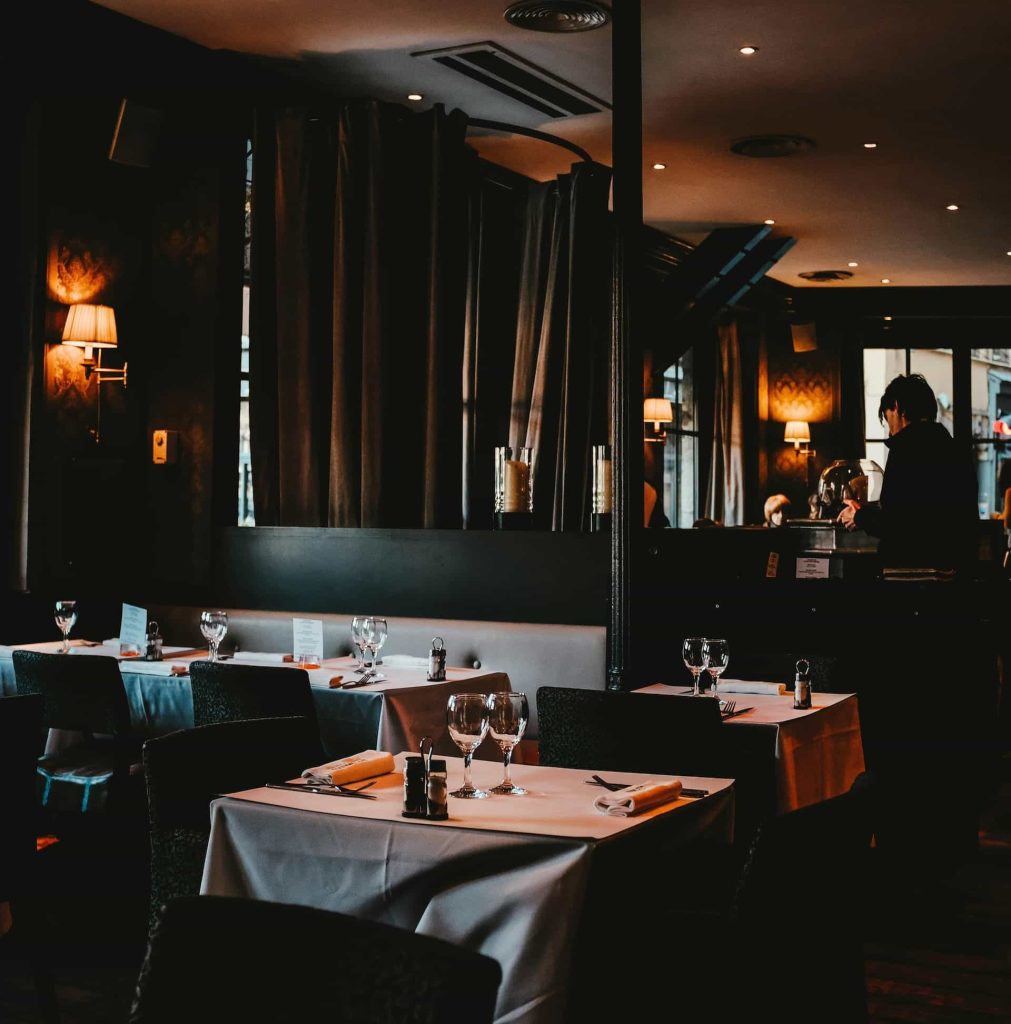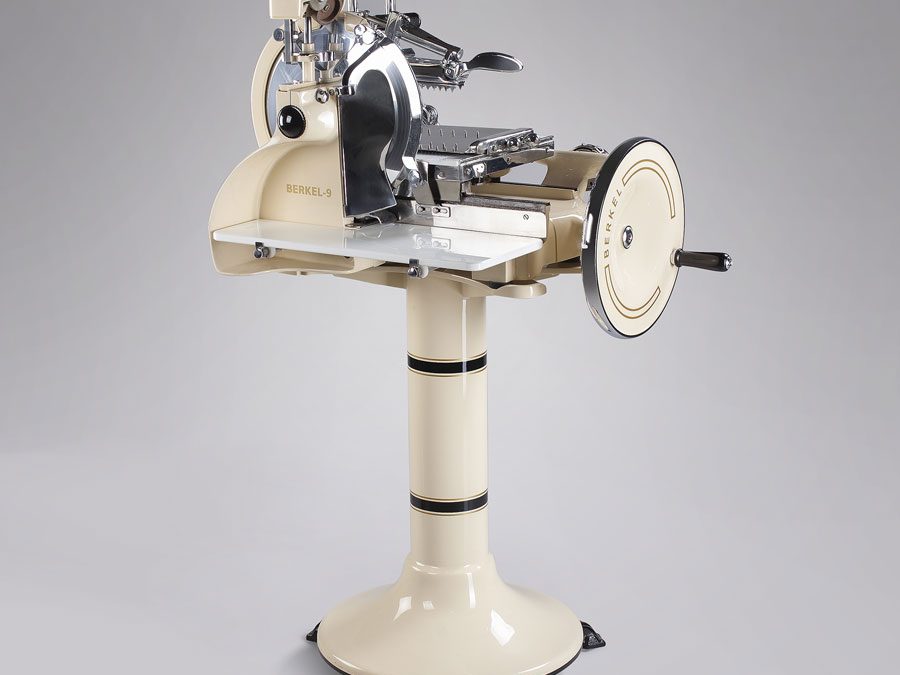Why choose a vintage Berkel
When it comes to selecting the right kitchen equipment, every detail counts, especially when it comes to slicers. Choosing the right slicer not only affects the quality of work but can also add a touch of style and uniqueness to your space. Of the various options available on the market, vintage Berkel slicers stand out not only for their unparalleled precision and reliability but also for their history and distinctive design.
A Focal Point of Style in your Kitchen
Incorporating a vintage Berkel is not only a functional choice but also a style statement. These slicers become centres of interest that stimulate conversations, attracting attention with their unique design and history. Presenting a Berkel not only enriches the room with a touch of retro elegance but also creates an emotional bond with your guests, who will appreciate the attention to detail and passion for quality and tradition.
An Icon of History and Design in the Modern Kitchen
The evolution of Berkel slicers is a fascinating journey through culinary history and industrial design, reflecting innovation and a passion for excellence. Since their invention in 1898 by Wilhelmus Adrianus van Berkel, a visionary Dutch butcher, these slicers have revolutionised the way food is prepared and presented, fusing impeccable functionality with unmistakable aesthetics. The original design, with its distinctive flywheel and meticulous attention to detail, was not only a masterpiece of engineering but also a statement of beauty, turning each slicer into a work of art.
The significance of Berkel slicers in culinary history goes beyond their function as precision instruments. They became symbols of an era when quality and craftsmanship were core values, testifying to a time when attention to detail was not only appreciated but sought after. The inclusion of a vintage Berkel in a modern restaurant is not only a tribute to culinary tradition, but also an affirmation of the commitment to excellence and sustainability, valuing the roots of gastronomy while looking to the future.
Berkel slicers are not simply kitchen equipment; they are custodians of a rich culinary heritage that continues to influence contemporary palates and culinary practices.
Choosing to use a vintage Berkel in your restaurant means connecting with this historical heritage, a gastronomic experience enriched by the depth and charm of a timeless culinary history.

Precision and mechanics in harmony with the product
Berkel slicers are renowned for the precision of their blades and their ability to cut uniform slices of any thickness, which are essential for the presentation of dishes and customer satisfaction.
The flywheel mechanism, operated manually, does not heat the blade and thus does not alter the flavours and aromas of the products.
Although they are period pieces, Berkel slicers are known for their robust construction and durability.
Carefully restored, these machines can function flawlessly for decades, representing a sustainable investment over time. The robustness and reliability of a Berkel eliminates frequent worries about breakdowns or replacements, allowing your staff to focus on what matters most: creating memorable culinary experiences.
An Expression of Style and Uniqueness
Incorporating a vintage Berkel goes beyond functionality; it is a style statement. These slicers, with their classic design and handcrafted finish, become focal points that attract the attention of guests, helping to create a unique and memorable atmosphere. Choosing a Berkel means differentiating yourself from the competition, offering a culinary experience that begins even before the first bite.
Conclusion
Choosing the right slicer is crucial for any kitchen that chooses high-quality products.
Vintage Berkel slicers, with their history, precision, durability and unique design, represent an investment in quality, aesthetics and culinary heritage. Selecting a Berkel means choosing the most popular slicers among chefs.
Vintage Berkel slicers offer a rare balance of function and form, enriching not only the kitchen but the entire restaurant experience.

